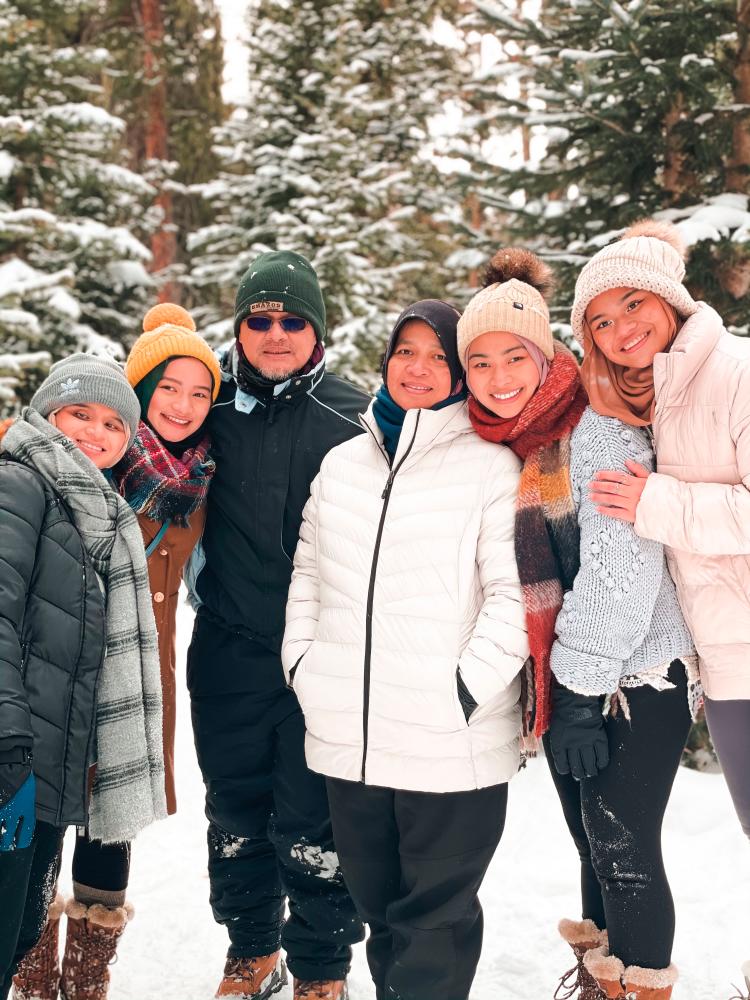PETALING JAYA: Kuantan-born Nurul Afikah Salehuddin, 26, is proud to be a Malaysian despite living in Houston, Texas for the last 17 years.
Nurul, who has a degree in public health from the University of Texas at Austin, is working as a behavioural therapist for children with autism in Houston.
The second of four siblings, she relocated there with her family when she was nine years old as her father had secured a job there.
According to usa.gov, the official website of the US government, one must have a permanent resident (green) card for five years to get US citizenship through naturalisation.
However, Nurul has declined to apply for citizenship and has been renewing her green card over the years to maintain her citizenship as Malaysia does not recognise dual citizenship. So what makes her proud of being Malaysian?
Nurul told theSun that Houston as a city is a melting pot of cultures, but the Malaysian community is always looked up to when it comes to unity, openness and hospitality.
“Here’s the thing about the Malaysian community, we are always together and involve other people in our gatherings. Before the pandemic, we used to prepare food for iftar and send it out to different mosques in Houston.
“I did not grow up with extended families around me like most people in Malaysia. Fortunately, I was surrounded by Malaysians who became family and that’s how Malaysian culture is still intact in me.”
She said older Malaysians in the community made sure our culture was preserved to the point that they made bunga telur, a traditional wedding door gift for guests comprising hard-boiled eggs, for a wedding of a Malaysian married to a local.
She said being Malaysian is synonymous with diversity, adding that it became one of her strong points as she was able to get along with people from different cultures and ethnicities.
After being surrounded by such people most of her life, Nurul said one interesting observation about Malaysians is that they love to travel.
“We are a curious and adventurous bunch. Many Americans I know don’t travel that much. Some do not even travel out of Texas, unlike Malaysians who are open to new adventures.”
She said her parents played a major role in ensuring that she and her siblings were exposed to Malaysian culture and raised to practise it.
Her mother had learnt the art of making many traditional kuih from scratch for her family and their US community so they could enjoy a taste of Malaysia in Uncle Sam’s land.
In conjunction with Malaysia Day, which falls on Sept 16, Nurul called on the Malaysian diaspora, wherever they may be, to be proud citizens of a multiethnic and multicultural nation like no other.
“Let’s acknowledge our uniqueness of being Malaysians,” she said, expressing hope that one’s race and religion will take second place in our interracial friendships and unity.









